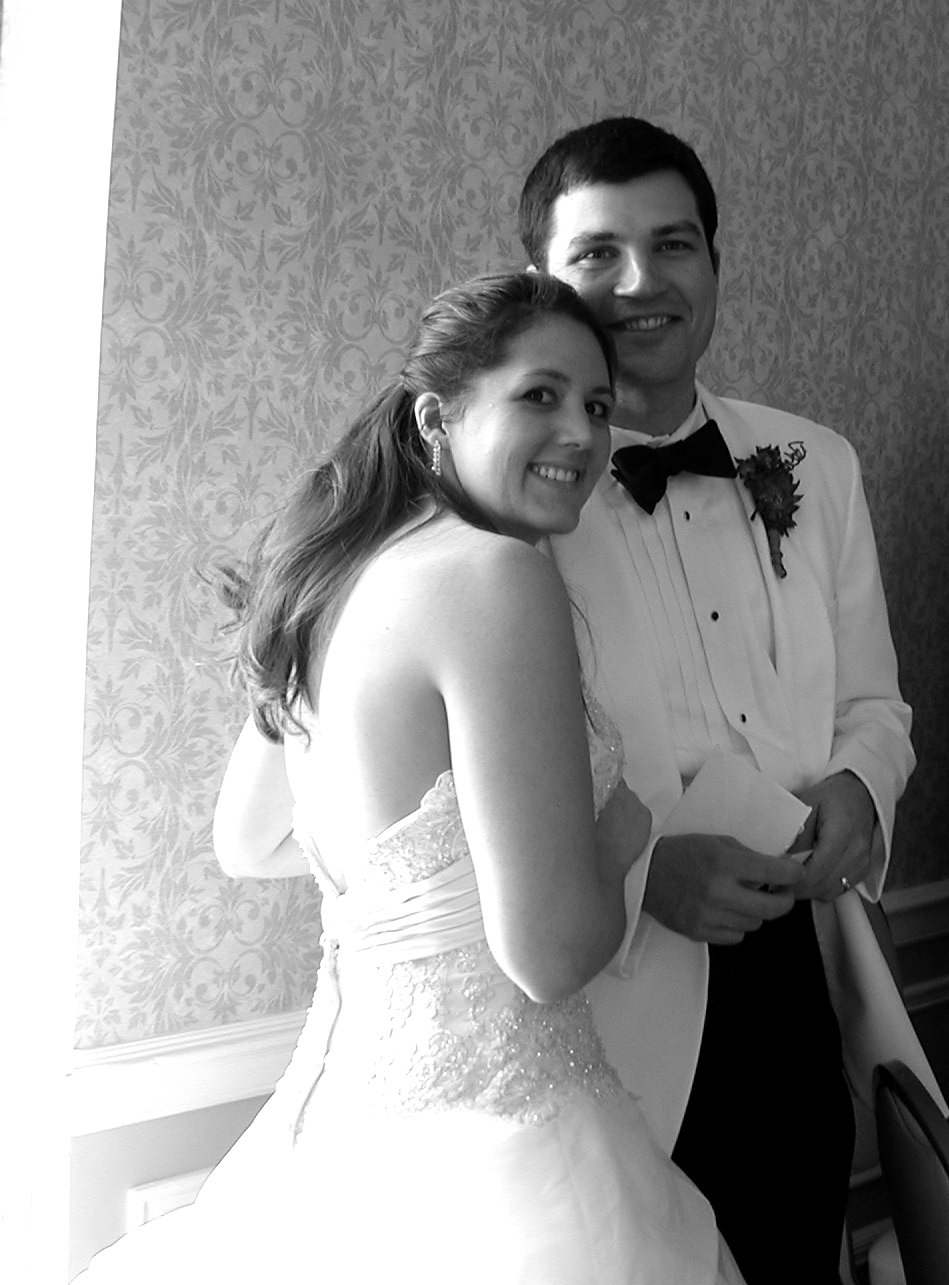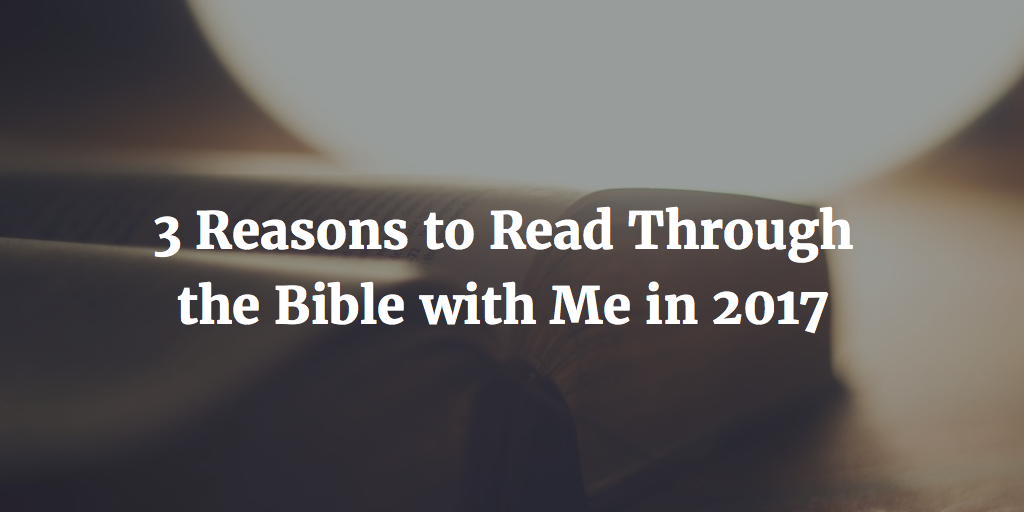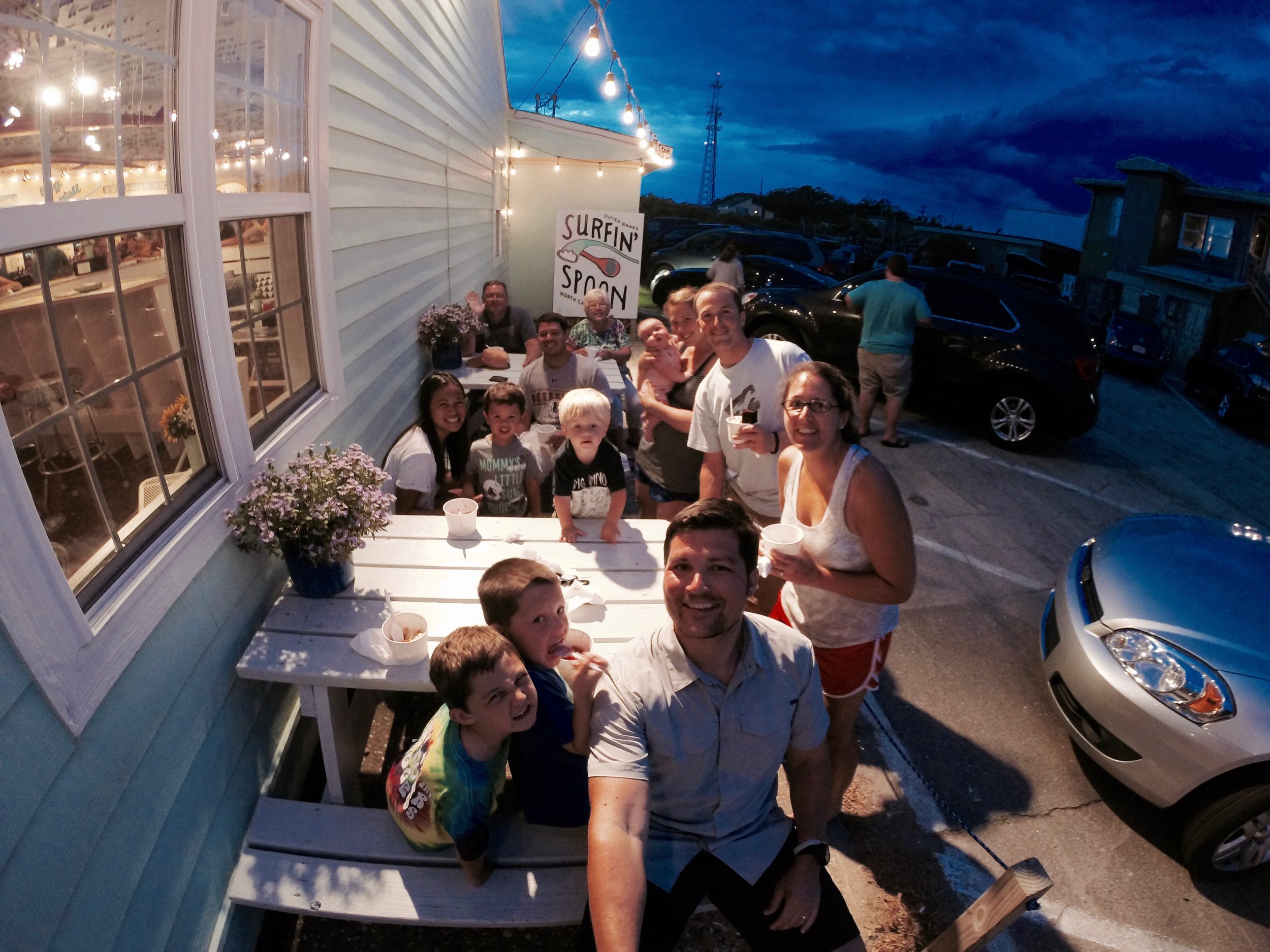Survivor's Guilt? Never Again
Exactly four weeks ago my wife coded after the birth of our daughter and was revived. She had a harrowing few days in the ICU, but after a week in the hospital she was discharged. She was weak, but she was well. And I felt guilty about it.
Survivor's Guilt
I felt guilty because everything turned out okay for my family, but I know lots of people whose situations are not okay.Why am I so blessed?Folks would ask me how my wife was doing and I would truthfully answer, "I think she's going to be fine." And I felt badly about that; I was embarrassed by our good fortune.It's embarrassing how blessed I am:
- other pastors have congregations who hate them; our people dote on us;
- other husbands struggle in their marriages; my wife is the kindest, sweetest woman I know;
- other people's kids have chronic illnesses; my kids are healthy;
- I am a rich, white, American man born in the 2nd half of the 20th century. I wasn't born black in the 18th century or a Russian serf in the 19th century or a Samaritan woman in the 1st century;
- My parents will have been married for 40 years this year and taught me to love Jesus;
- I'm even a great whistler....
- etc.
I could go on, but it's embarrassing: I don't deserve my good fortune. As a pastor, I have the privilege of walking alongside people in every aspect of their lives, cradle to grave, and I know how much people suffer. I've lived in Africa and I've traveled and read widely, and I know how difficult life is for so many people. I know how often it seems prayers are not answered.And so, after my wife got out of the hospital the first time, I felt guilty at our good fortune.And then Wednesday night happened.
Never Again
My wife had to be rushed to the Emergency Room on Wednesday evening, and ultimately had to have emergency and life-saving surgery, surgery that lasted all night. All night I sat in the empty waiting room, and I didn't know if she was going to survive. When I learned she would survive, I also learned that she was intubated and on a ventilator, and then I saw her.Pray to God you never see a loved one on a ventilator, going in and out of consciousness, pulling at her tube with her bandaged hands.I've spent a fair amount of time in hospitals, but when it's your wife there in the ICU, it's almost unendurable.The next night we had another scare and I was woken up on the pull-out couch with bright lights and saw a crowd of doctors in our room. It was then that I decided that I will never, ever again feel survivor's guilt.Survivor's guilt is a selfish indulgence--a luxury--that I want to forgo forever.When you are at a point of desperation, when a leaden dread comes upon you, when that of which you are most afraid is threatening to happen, you become painfully aware how foolish and selfish is survivor's guilt. You think back to the times when you weren't afraid and everything was well, and you're ashamed that you were ever ashamed of your good fortune. And in those moments, you would do anything to get back to the times when things were good.I don't know why God seems to answer some prayers and not others. I don't know why some of us receive the blessings we do. But I also know that I don't deserve my blessings and didn't earn them--they just came on me, like the rain. My blessings don't mean anything about me: all they do is point to their Source and Giver.Rather than feeling guilty, I want to be grateful.I am grateful for God's goodness toward me. I am grateful that I did not have to come home in the dark on Thursday morning and wake up my little son and tell him his mother died. I am grateful that my wife survived. And I'm grateful that I brought her home not one hour ago.I want gratitude to pour out of me. I just went to CVS to pick up a prescription and when the cashier asked me how I was doing, I looked her in the eyes and said, "I am so blessed: my wife just got discharged from the hospital." And I gave her a big smile.I don't deserve my blessings--and I have SO MANY--but I can use them to bless others.I want to be grateful, and because I'm grateful, I want to be a giver.Survivor's guilt? Never again.
Click here to subscribe to irregular updates from me. I have more to say about what I've been learning from my wife's recent proximity to death and our time in the hospital.














![[And with my family on Cape Cod, Massachusetts.]](http://static1.squarespace.com/static/5d70f59aefca59000162e4e6/5d7fcef39f682762992c8aca/5d7fcf0b9f682762992c8e32/1568657163861/G0722168.jpg?format=original)
![[Redeemer's downtown location is the Salvation Army building on W. 14th St.]](http://static1.squarespace.com/static/5d70f59aefca59000162e4e6/5d7fcef39f682762992c8aca/5d7fcf0c9f682762992c8e39/1568657164285/FullSizeRender-34.jpg?format=original)







